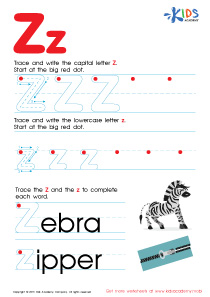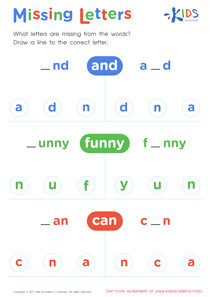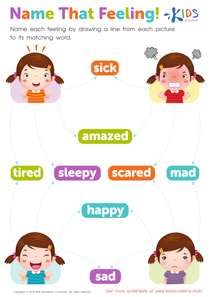Fine Motor Skills Extra Challenge Letter Recognition Worksheets for Ages 3-7
7 filtered results
-
From - To
Unlock your child's potential with our “Fine Motor Skills Extra Challenge Letter Recognition Worksheets” designed for ages 3-7. These engaging worksheets combine letter recognition with fine motor skill development, making learning both fun and effective. Each activity is aimed at enhancing hand-eye coordination and strengthening little fingers while reinforcing letter knowledge. Children will enjoy tracing, coloring, and completing tasks that promote essential early literacy skills. Perfect for classroom use or at-home learning, these worksheets are a fantastic resource for parents and educators looking to provide extra challenges in a supportive, creative environment. Start your educational journey today!


Letter A Tracing Page
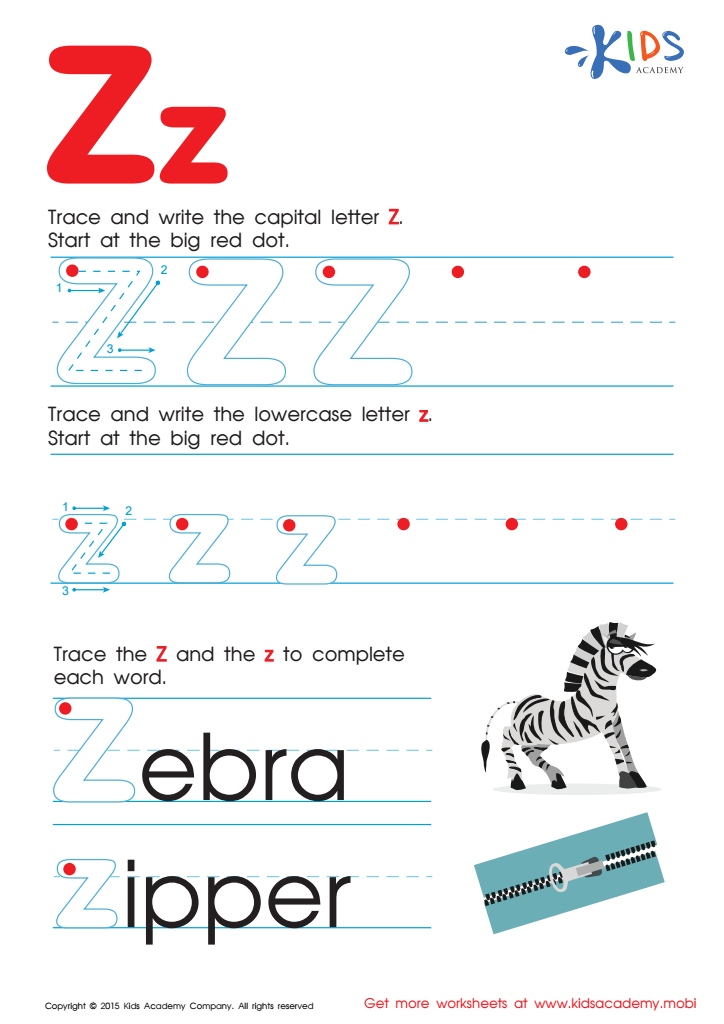

Letter Z Tracing Page


Letter R Tracing Page


Letter X Tracing Page
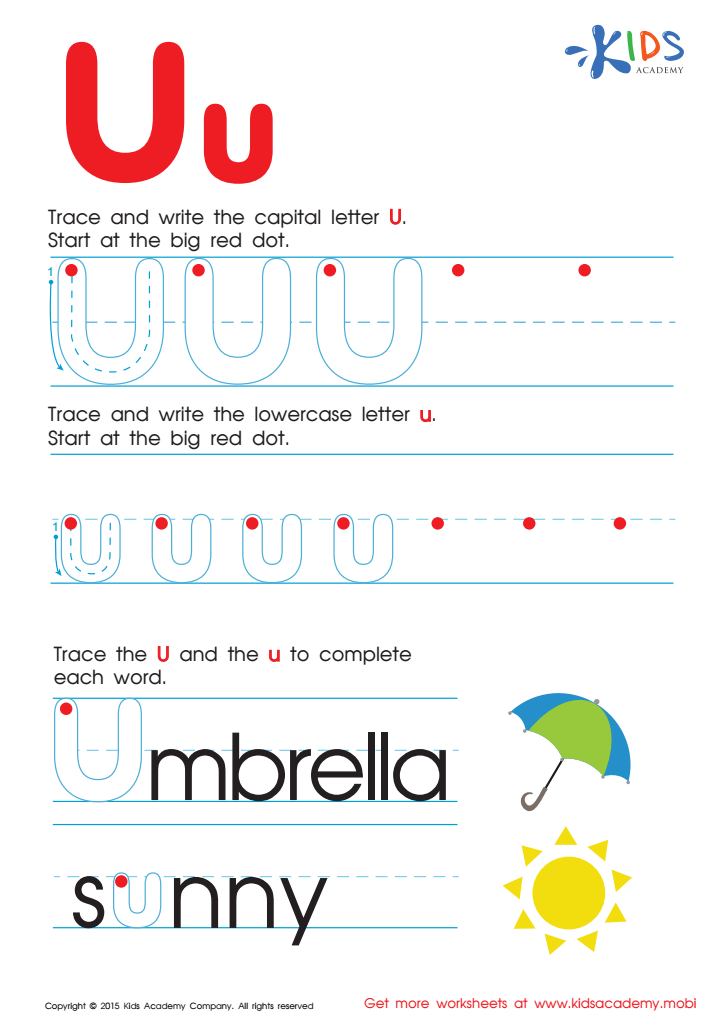

Letter U Tracing Page
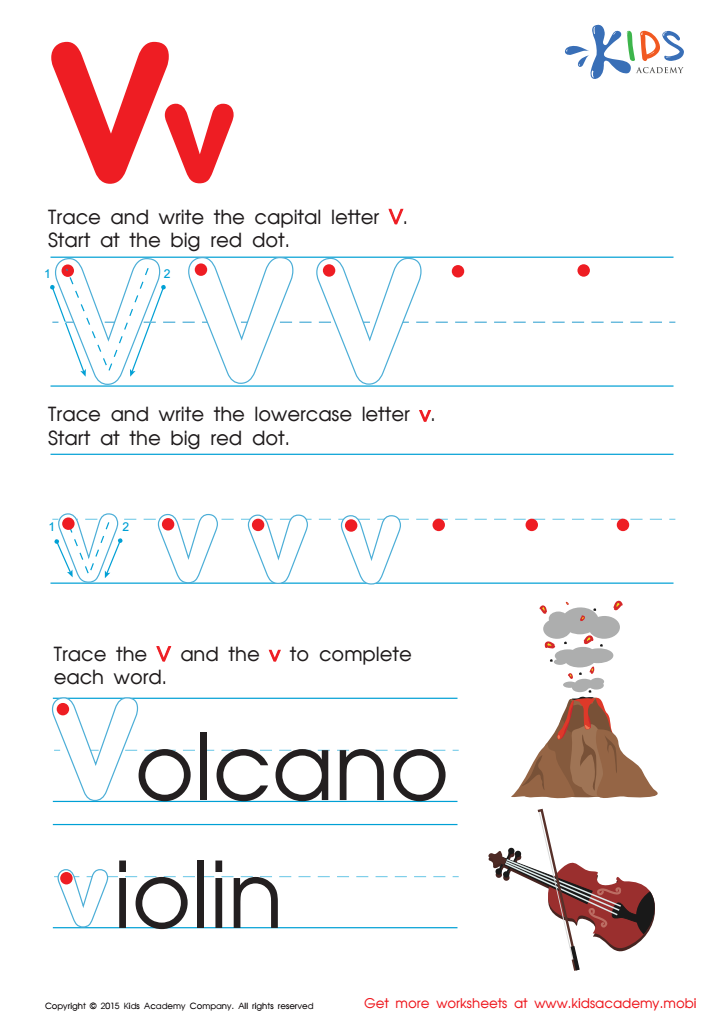

Letter V Tracing Page
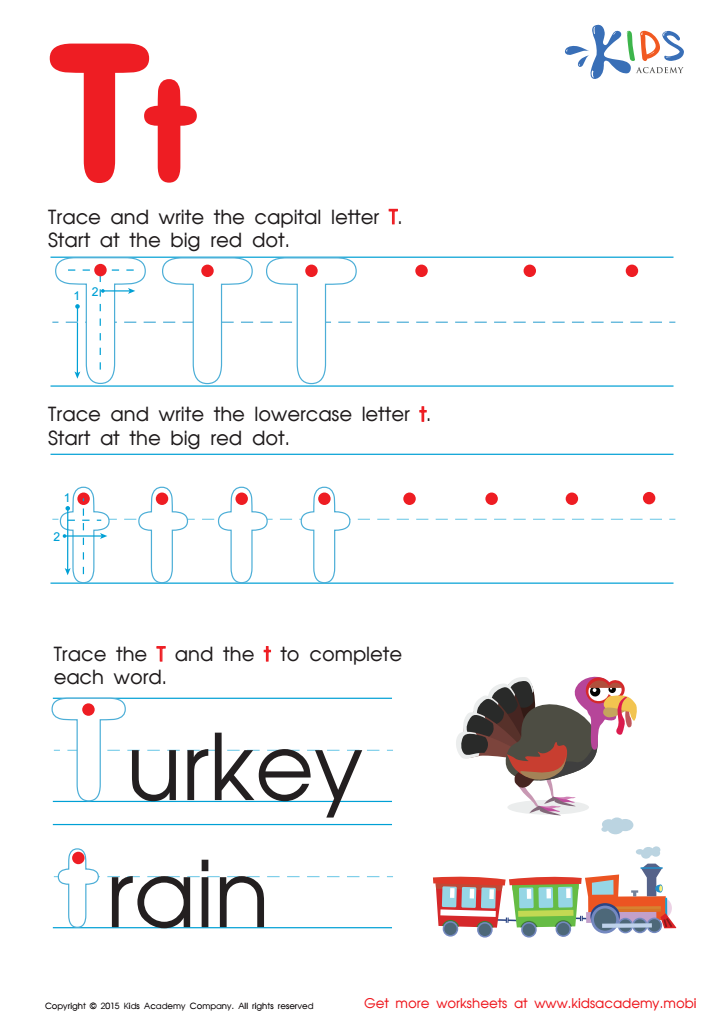

Letter T Tracing Page
Fine motor skills are crucial for children aged 3-7 as they form the foundation for their overall development. These skills involve the coordination of small muscle movements, primarily in the hands and fingers, essential for tasks like writing, buttoning clothes, or using utensils. Enhancing fine motor skills through activities that involve letter recognition not only prepares children for academic success but also encourages their cognitive and emotional growth.
When children engage in fine motor activities that incorporate letters, such as tracing, crafting, or manipulating letter blocks, they develop their hand-eye coordination and dexterity. This, in turn, aids their ability to write and recognize letters effectively, setting the stage for future literacy skills. Moreover, these activities can instill a sense of accomplishment and build confidence as children see their progress in both motor abilities and literacy.
Furthermore, parents and teachers play a crucial role in facilitating these learning experiences. By integrating fun and engaging fine motor tasks that focus on letter recognition, they can create a nurturing environment that supports children’s development while fostering a love for learning. Ultimately, investing time in fine motor skill challenges enhances children's readiness for school, boosts self-esteem, and encourages a lifelong appreciation for education.

 Assign to My Students
Assign to My Students













